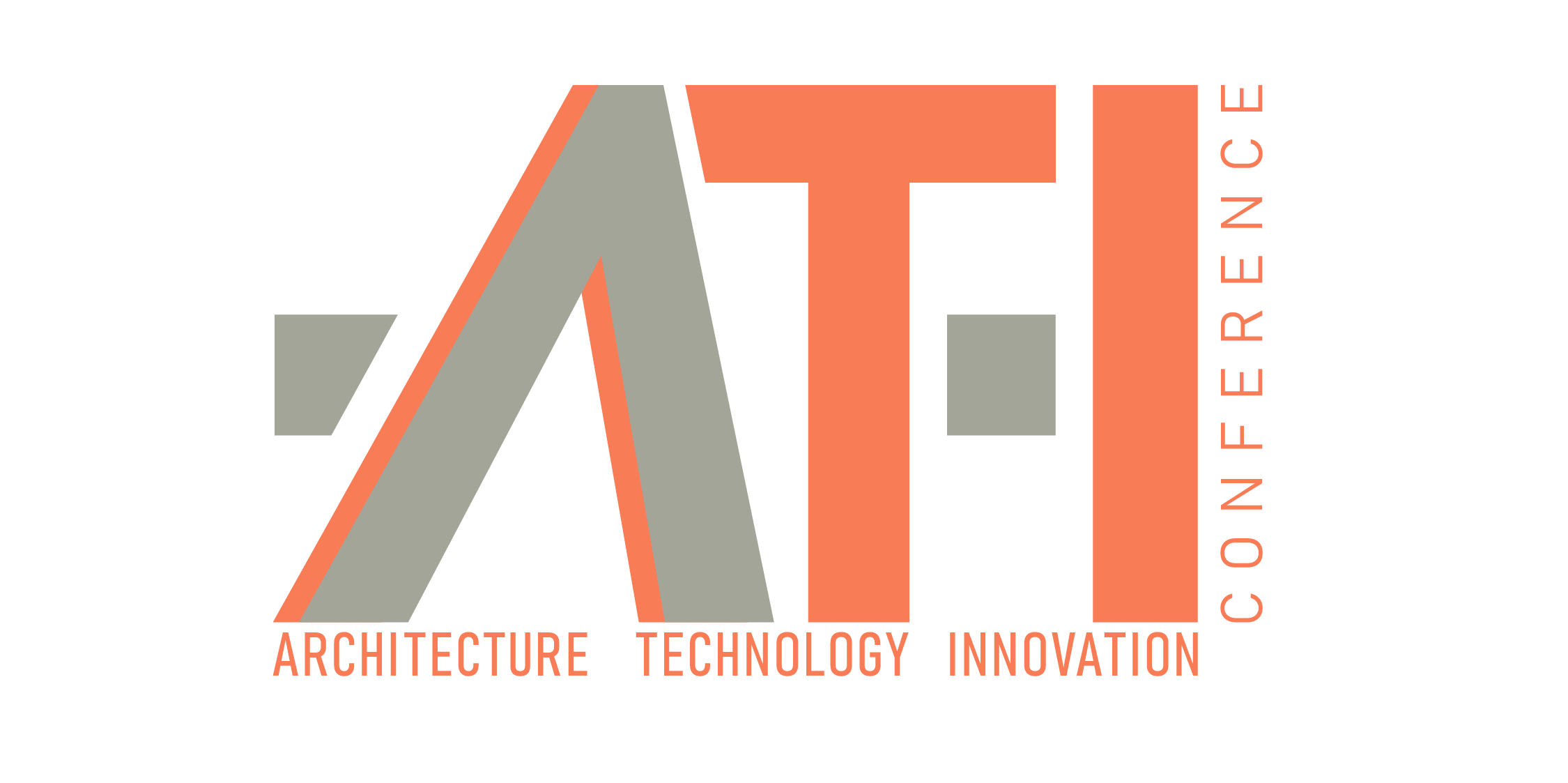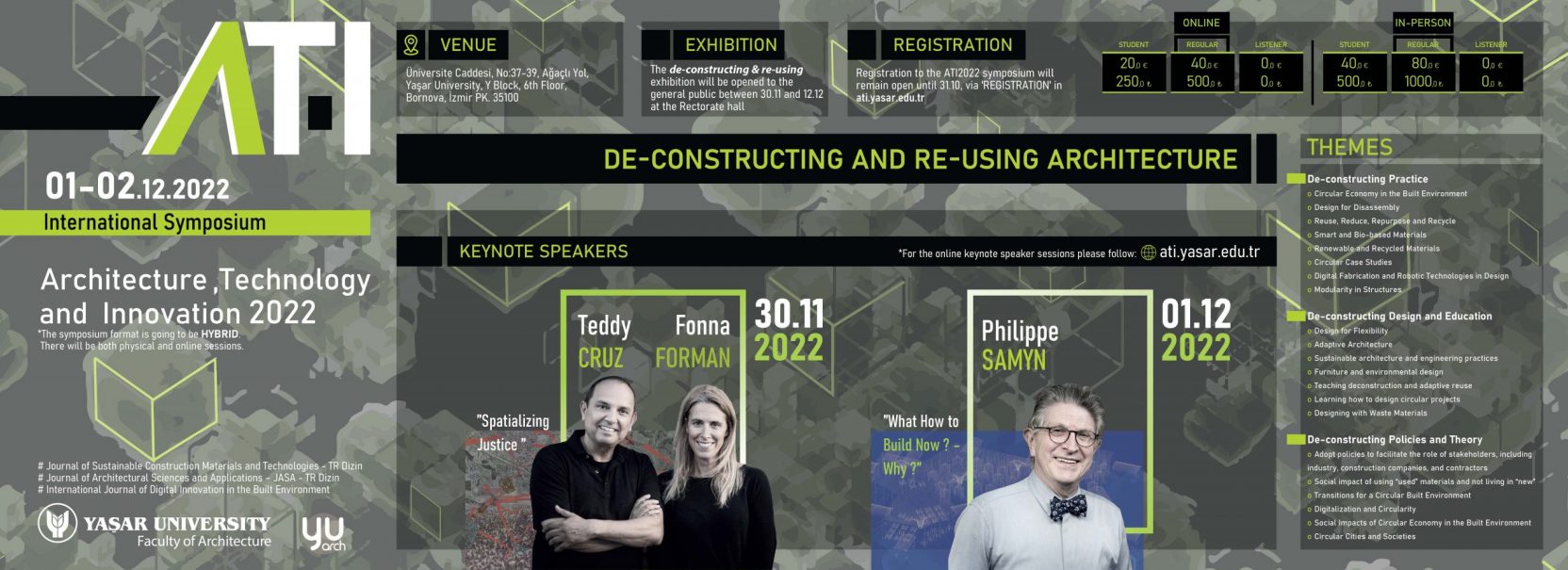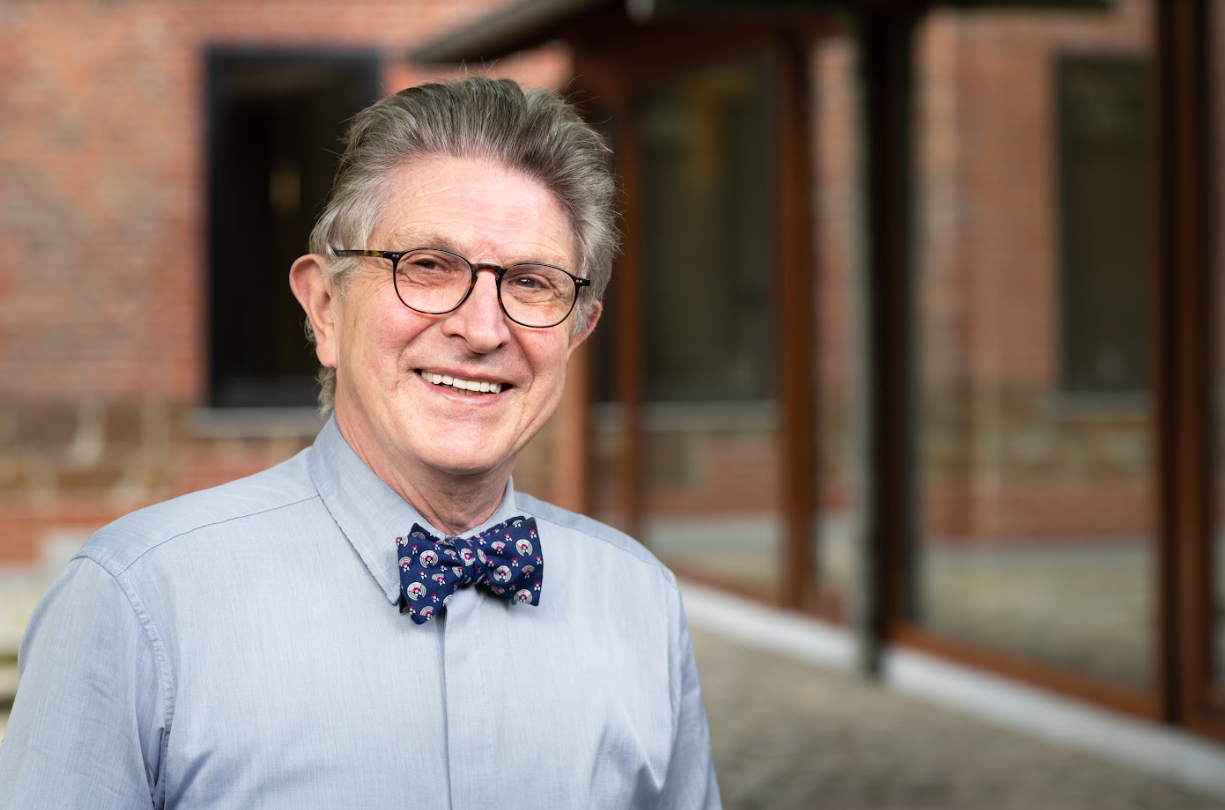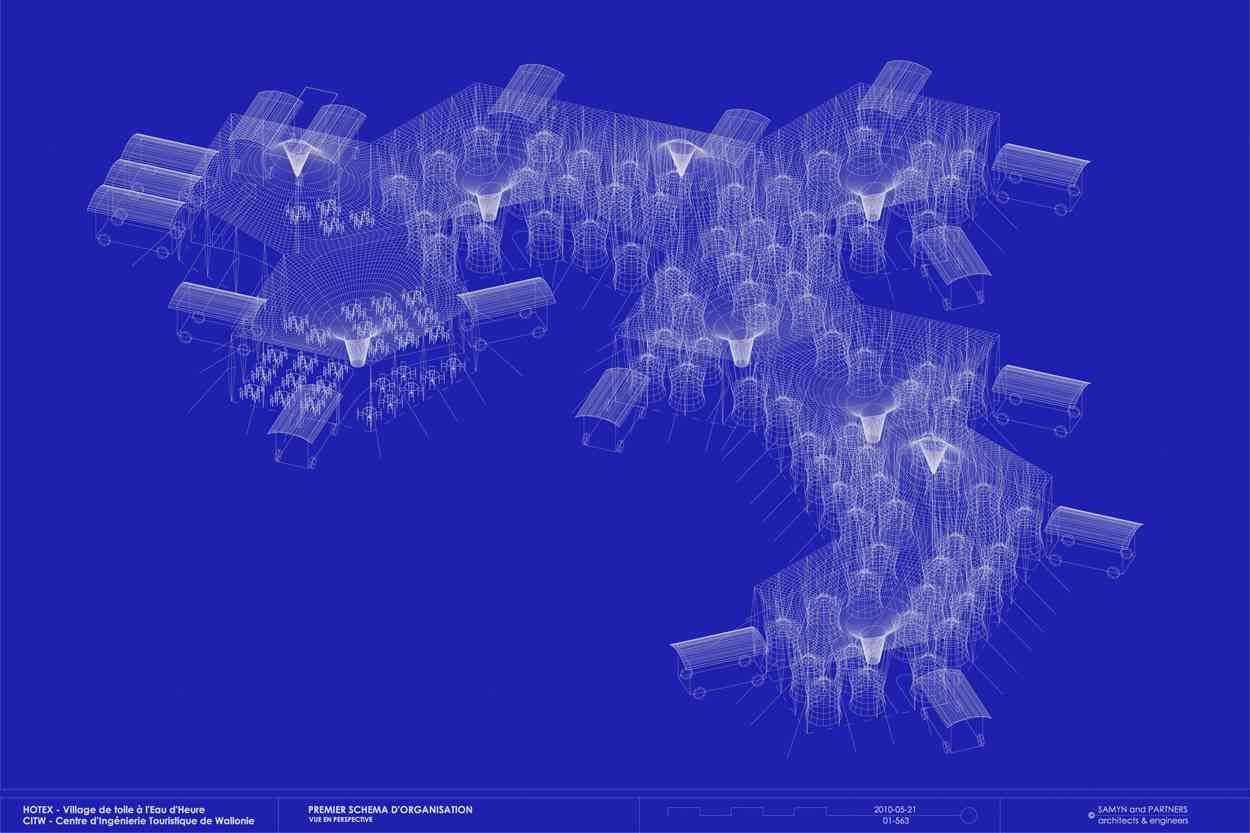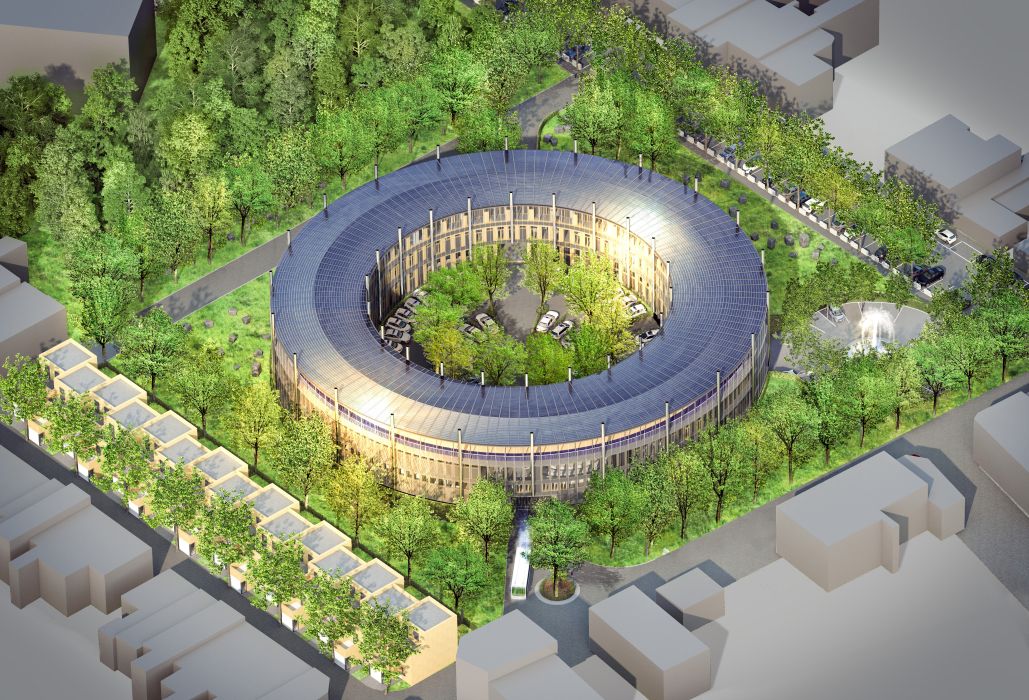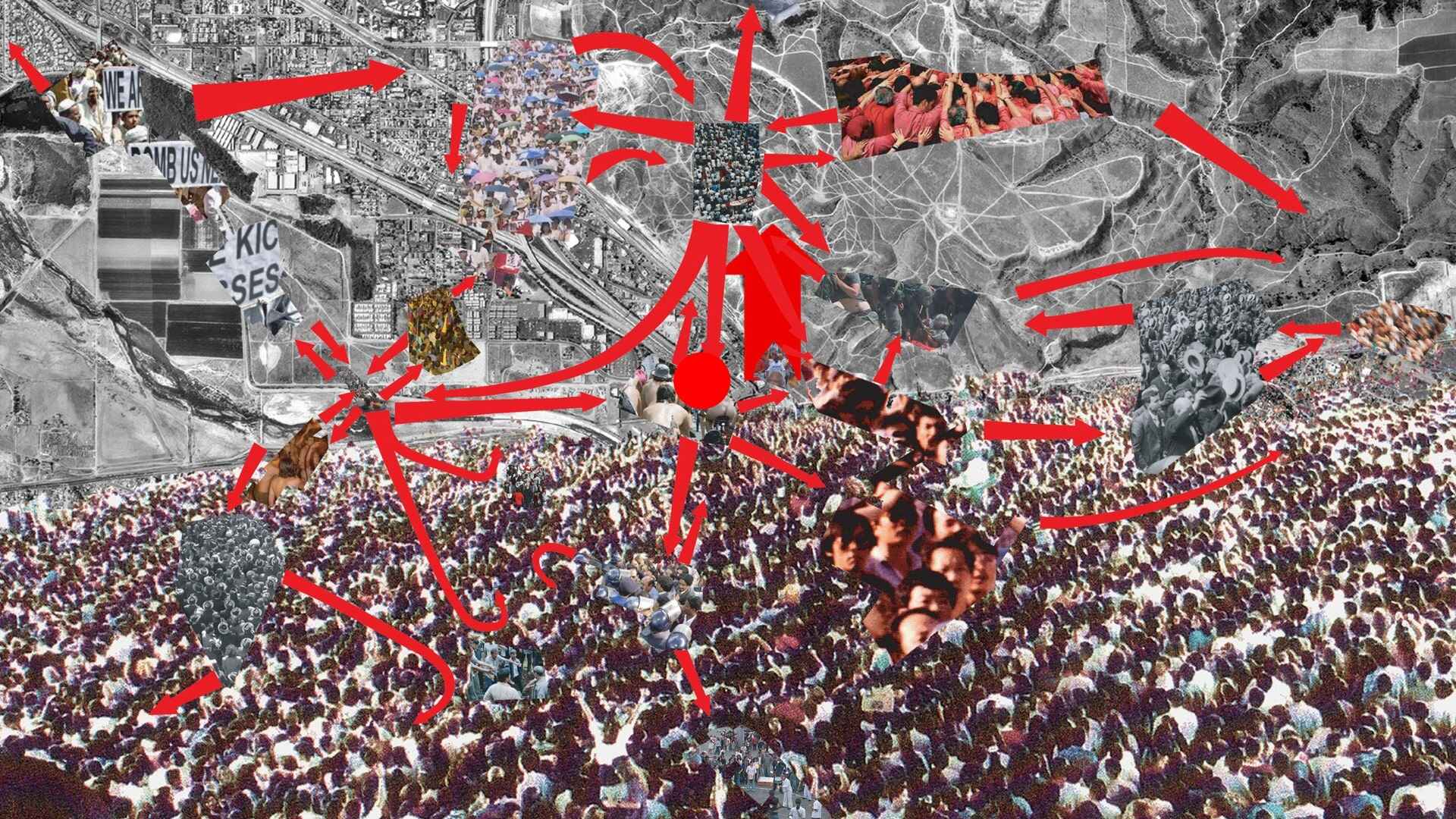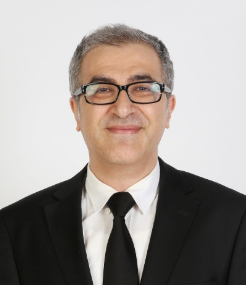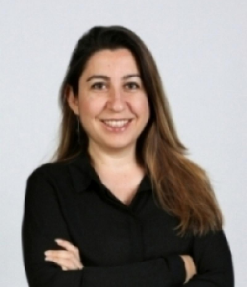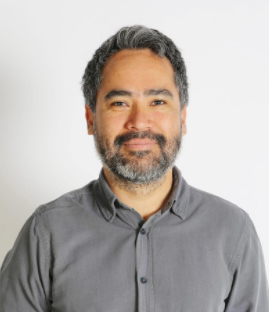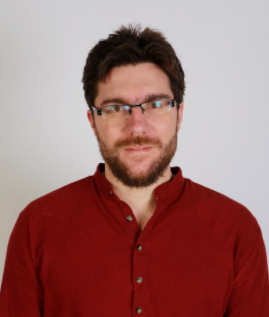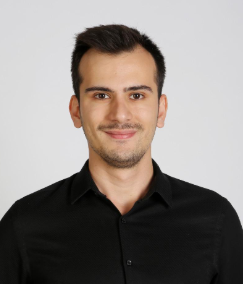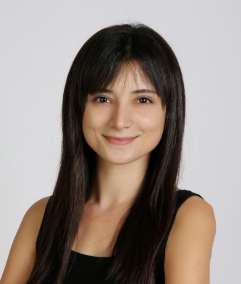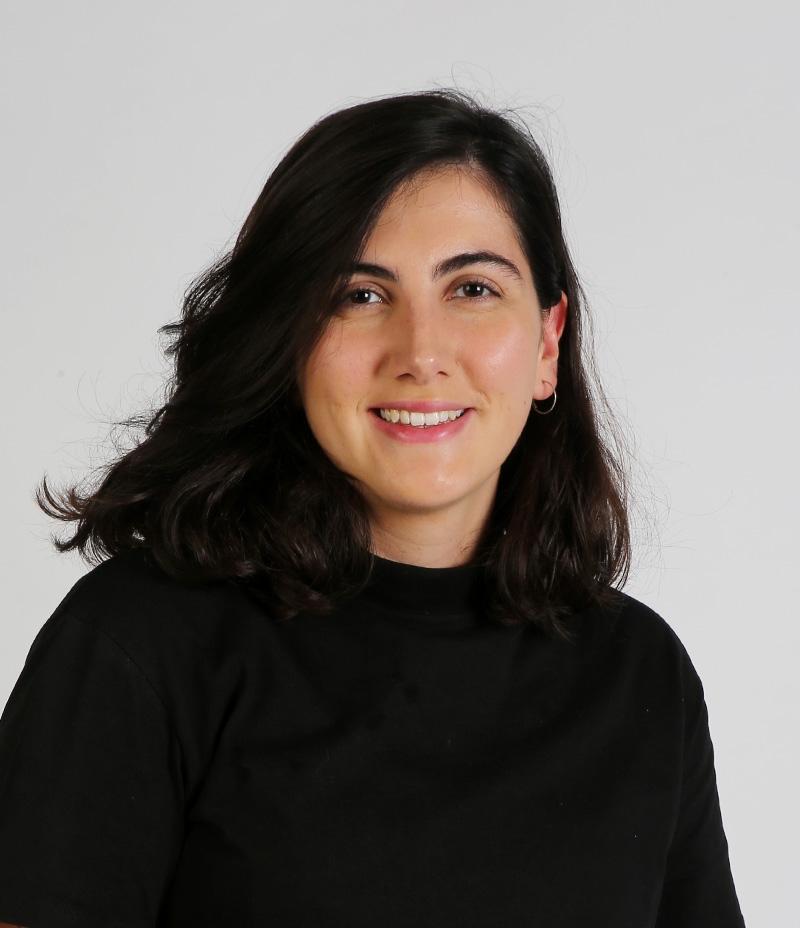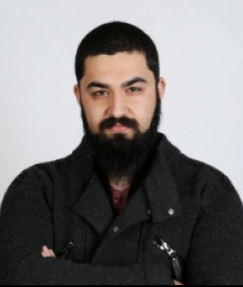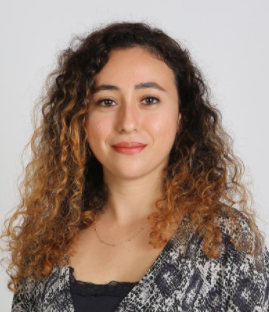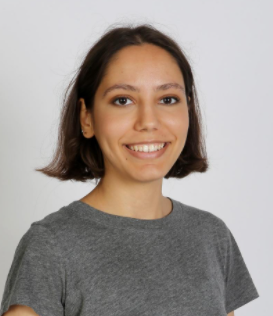De-constructing & Re-using Architecture
By the turn of a new millennium, architecture found a new horizon in the digital realm: parametric design, interactive design, and the blurry definitions of virtual and physical environments. Twenty-two years later we are running towards disaster: all the physical world upon which we built this new architecture is running out of energy, resources, and accumulating eternal waste. Architecture seems to have focused on buildings that are high-energy consumers. Spaces in buildings are designed to be supplied with artificial ventilation, heating, and lighting, thus increasing operational energy. In the production of building materials, their transportation and process of construction, there is energy embodied, which is simply lost at the end of the building’s service-life. Producing this energy comes with an increase of the carbon emissions, and their accumulation in the planet’s atmosphere has taken us into a climate crisis. Our environment is warming up day by day, increasing the frequency of the so-called natural disasters, such as droughts, rains and wildfires, moreover establishing extreme environmental conditions as the new normal in many places. As a result of this taking-consuming-throwing approach to design, our architectural footprint is just a huge amount of building waste.
The 3rd International Symposium on Architecture, Technology and Innovation, ATI 2022 invites the scholars, practitioners and professionals to submit abstracts on ideas, initiatives, designs, research studies, teaching activities, policies, and practices, that offer a glimpse of hope in this bleak landscape.
Deconstructing and Reusing Architecture refers to the highly required paradigm shift, from the current manner of producing “take and throw” architectural outputs to a circular approach, where buildings are conceived as a source of materials and not as the end of the design process. We must then deconstruct the ways we design and build, the way we reuse our resources, the policies we adopt to involve all stakeholders in the construction process, and the way we teach and guide a new generation of architects.
Publications Opportunities
Selected papers will be published at the “Journal of Sustainable Construction Materials and Technologies” (indexed in TR Dizin), “Journal of Architectural Sciences and Applications – JASA” (indexed in TR Dizin), and the “International Journal of Digital Innovation in the Built Environment”.
